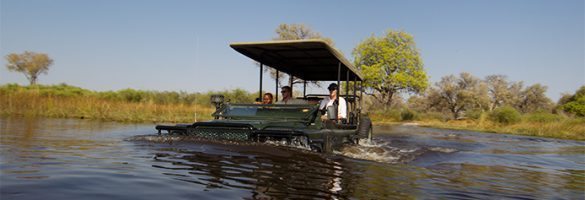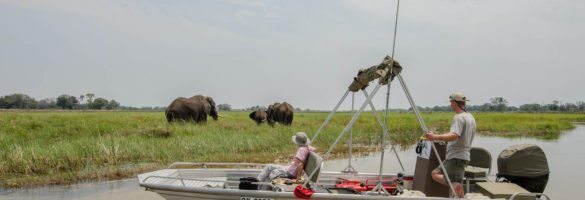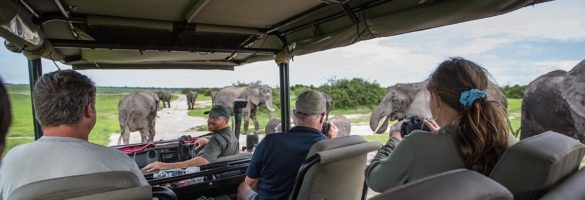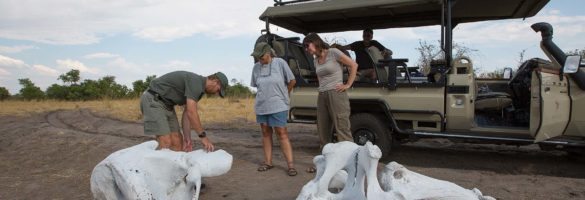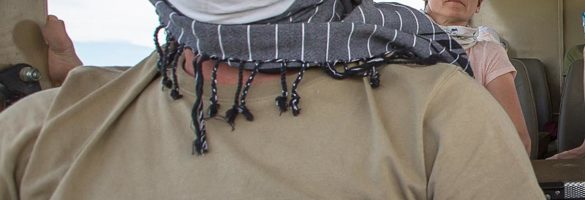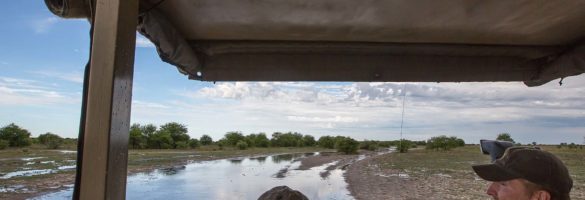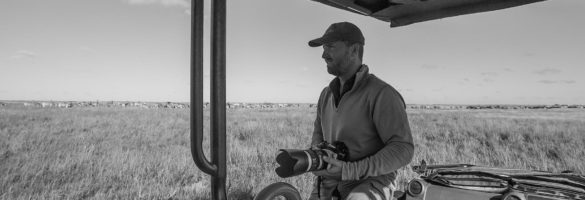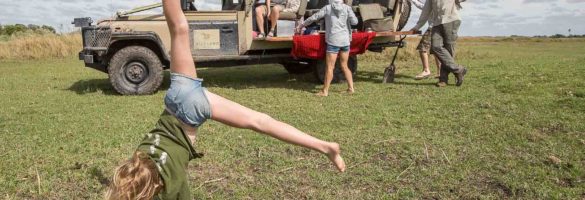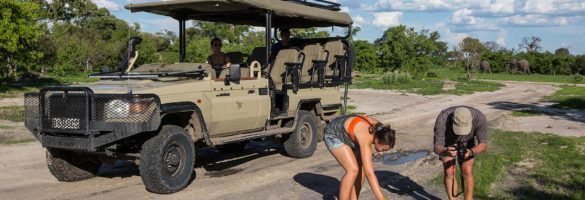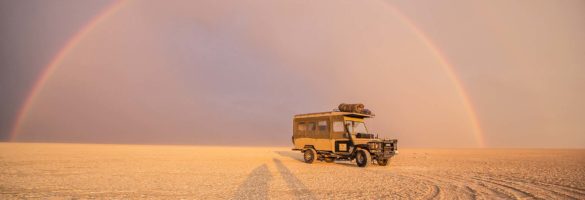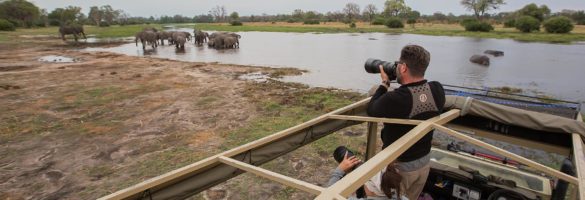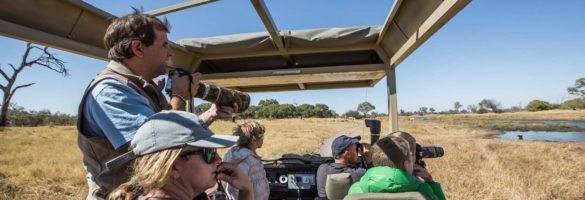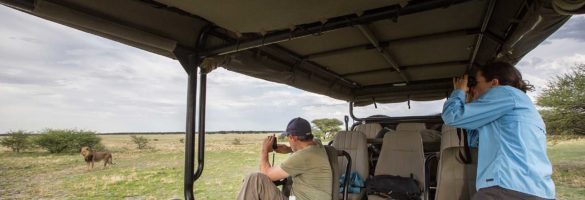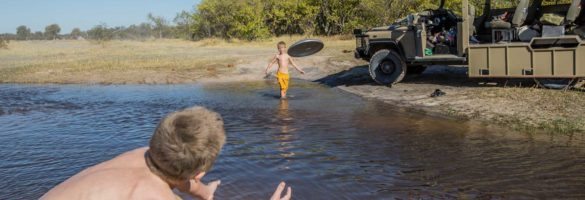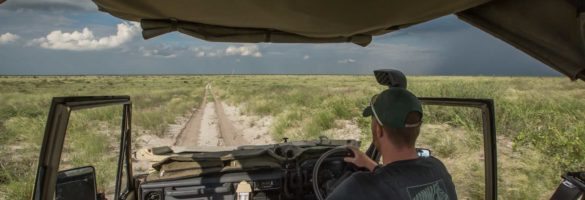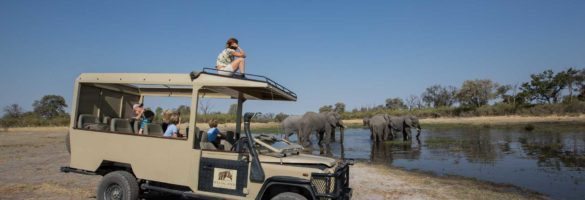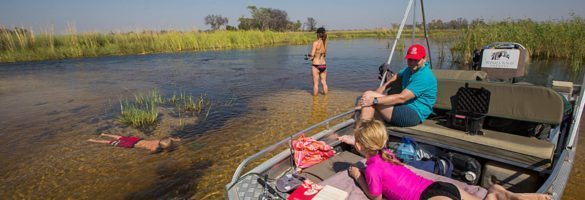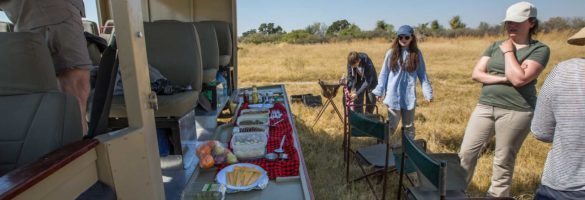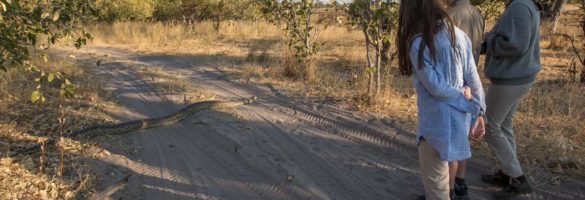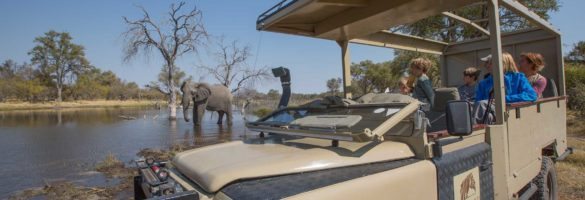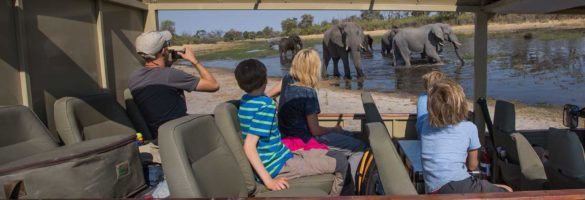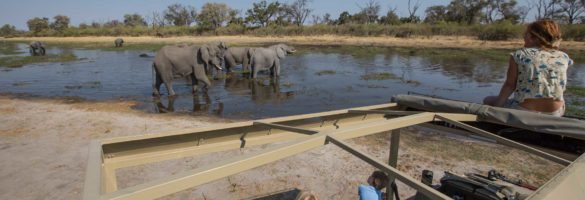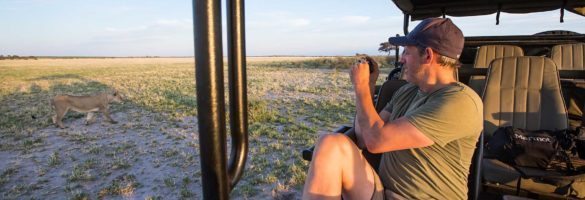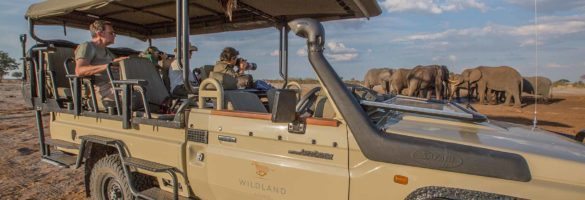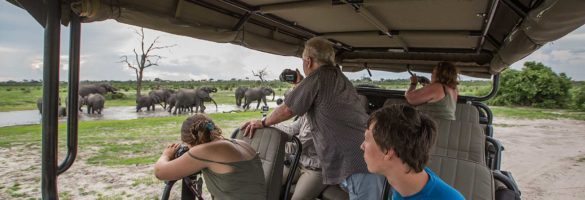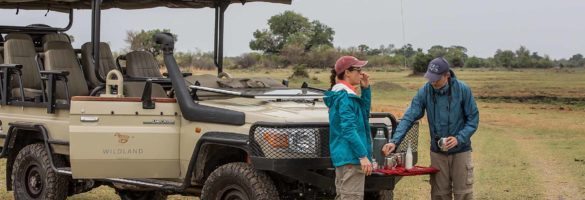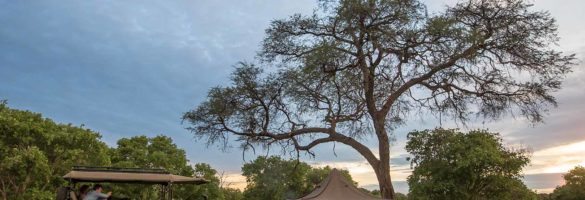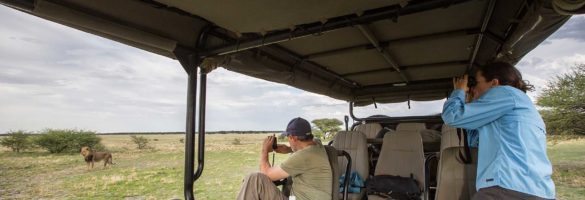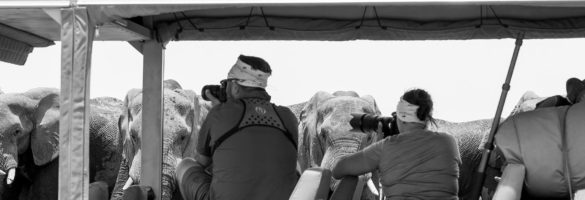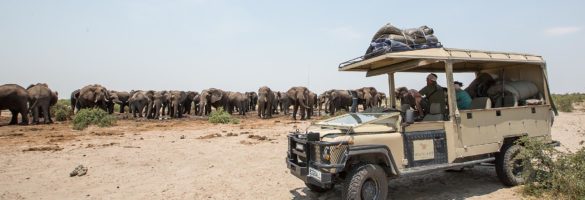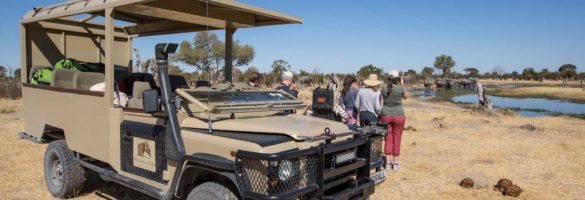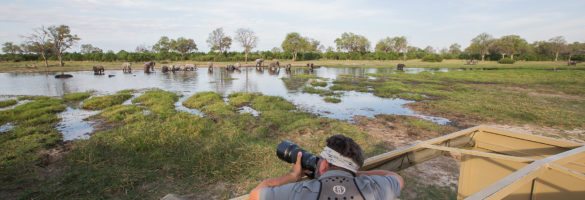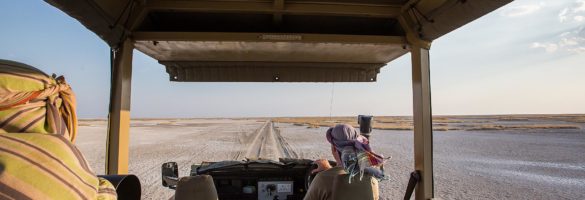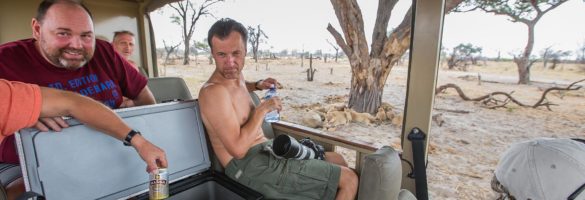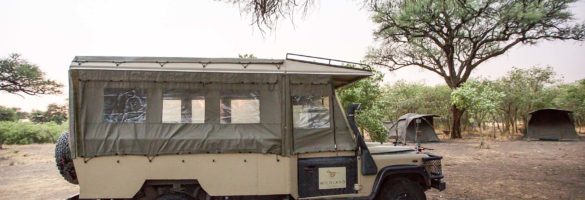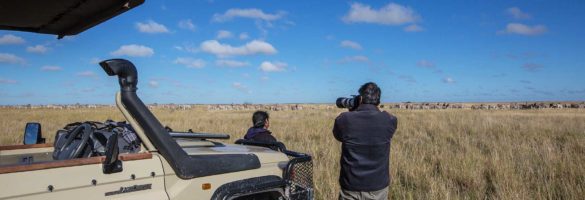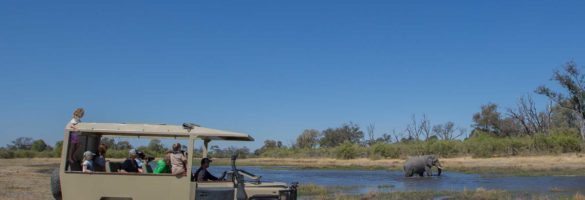This is never compulsory although this does add greatly to the local economy and should be given relative to good service received.
You can tip as much as you want, but here is a rough guideline:
Guides: USD10-20 per day
Private Guide: USD 20-30 per day
Trackers / Mokoro polers: USD5-10 per day
General Staff: USD5-10 per day
You do not need to tip your guide after every activity. This is usually done at the end of your stay at the lodge. The same applies with your dedicated tracker or mokoro poler.
There is usually a “Staff Tip Box” that covers all the general “back of house” staff at the lodge. (Guides and trackers usually do not get anything from this tip box). If a member of the general staff gives you particularly good service, you may also tip them directly.
Managers do not share any part of the staff tip box as they are on a much higher pay grade and you are not expected to tip them.
There may be some variation in tipping systems or extra tip boxes for other groups of staff (eg. Bushmen dancers) at some lodges. Check with the managers if you are unsure.
Some camps allow tipping by credit card if they have the facilities, although we always say rather keep it simple and give cash.
You can tip in all major currencies but we always suggest to bring USD cash (USD, GBP, Euro and SA Rand are all easily exchanged). 1USD notes are not ideal as some banks do not accept them.
Some people do ask if they can give gifts instead of cash for tips. In our honest opinion cash tips are nearly always a better option as it is unlikely you will pick a gift that is needed in communities here. School supplies are not actually that welcome as the government schools are well supplied and students are not in need of extras. Cash tips go directly into the local economy and can be spent as the staff and their families choose. However, you may be returning to a camp and know guides or staff personally…..in this case, feel free to bring a more personal gift.
Tipping on Mobile Safaris
Camp staff (cooks, drivers, camp-hands): US 5-10 per staff member per day (For your planning, the number of staff on a mobile safari can vary from 2 on a budget trip, up to 10 on a luxury safari). You can tip this amount as a group or couple or as big as the private group you are traveling in. We know some nationalities like to tip more than this amount – please go right ahead!
(Tips should be given directly to the Camp staff with all members of the crew present.)
Guides: You can tip your guide in the region of USD10-20 per day
Remember, the above is a guide and although there is a ‘tipping culture” in the Botswana tourism industry, it is still voluntary – you may tip more or less than the suggestions we made.
